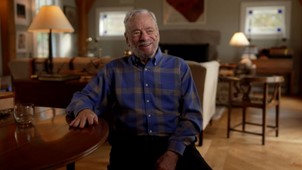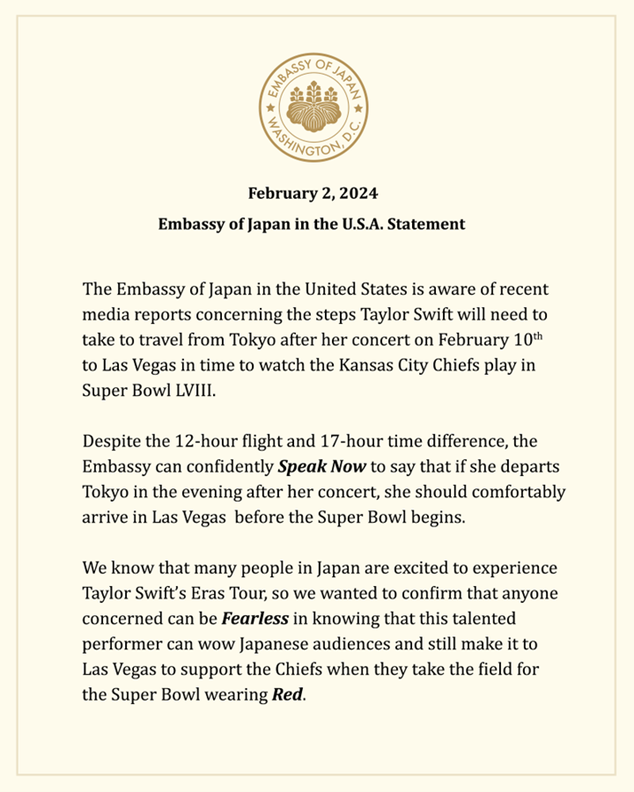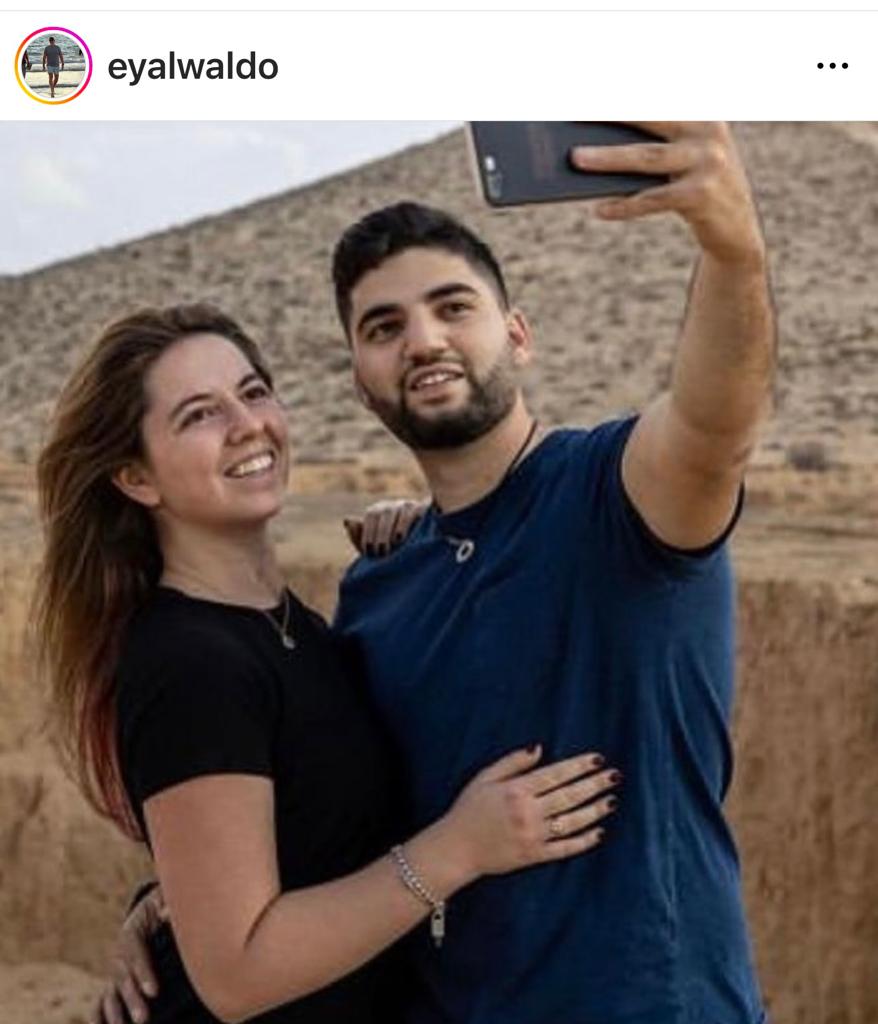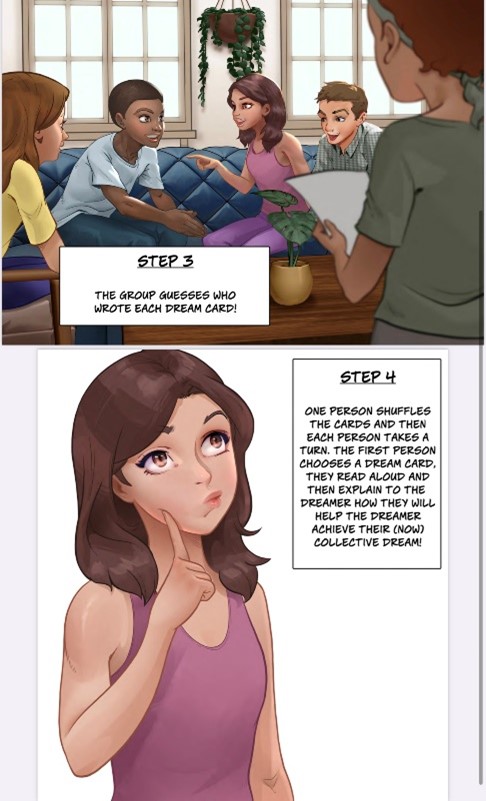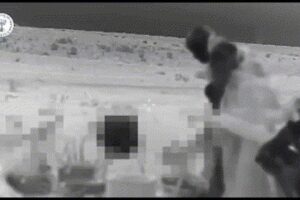When something bad happens, we often ask, “why did this happen?
How can we remain positive in the face of evil?
In Genesis 50:20, Joseph says “Even though you planned evil against me, God planned good to come out of it. This was to keep many people alive, as he is doing now.”
Let’s explore this quote in the context of the story of Joseph, who suffered the most in the book of Genesis.
Joseph was his father Jacob’s favorite among his 12 sons. Joseph’s brothers were jealous of him. Jacob’s gifting Joseph the technicolor dream coat epitomized the special treatment Joseph received. The brothers later sold Joseph into slavery and lied to their father that Joseph was killed. For the rest of Jacob’s life, he mourned the loss of his favorite son. Jacob and Joseph’s ultimate reunion was a beautiful moment of personal evolution for them both.
Joseph was then falsely accused of sexually assaulting his slave owner, Potiphar’s wife, and then locked in prison. In prison, fellow inmates noticed Joseph’s gift of presciently interpreting dreams and later referred Joseph to help Pharaoh manage the land of Egypt. Joseph rose to be the second most powerful man in Egypt and saved an entire region from famine.
While Joseph’s arrogance made some of his early suffering self-afflicted, his faith fortified him during his imprisonment and loss of his family.
Although Joseph’s early life was characterized by conflict with his siblings and suffering, he ultimately elevated himself and unified his family. He was able to bring together communities for togetherness with blessings of abundance, peace, and prosperity. Joseph suffered a lot during his life but he ultimately catalyzed so much good for so many. Joseph’s faith in God carried him throughout his difficult challenges.
In addition, Joseph was also able to unify the Land of Egypt and the Children of Israel. When “Joseph went up to bury his father. All Pharaoh’s officials accompanied him—the dignitaries of his court and all the dignitaries of Egypt” (Genesis 50:7)
The story of Genesis is marked by continual sibling rivalry and fighting. Kane and Abel, then Isaac and Ishmael, then Jacob and Esau, and finally Joseph and his brothers. Genesis is concluded with the unity among Joseph and his brothers. Joseph is later buried in Israel by Moses.
Exodus teaches us the true power of faith in God and unity of community as Moses, Miriam, and Aaron are the first truly unified siblings (from their life beginning) and with their faith in God’s promise, they ultimately delivered the Children of Israel to the Promised Land as promised by God.
In the face of bad events, goodness is only possible with faith in God and through unity among community. Love and support among the community. While the story of Genesis is marked by sibling conflict in the beginning, Genesis ultimately ends with the resolution of conflict through faith in God and the unification of family and community, which after much suffering, brings about goodness.
Further Reading:
You can read more about the story of Joseph here.
Aesop told a fable about the strength of unity. A father told his fighting sons to pick up a pile of twigs. First he asked his sons to break them one by one. Easy. Then he asked one of his son to ties them together. None of the son’s could break the bundled sticks. The father taught the son’s the importance of coming together. You can read more about this story here.

